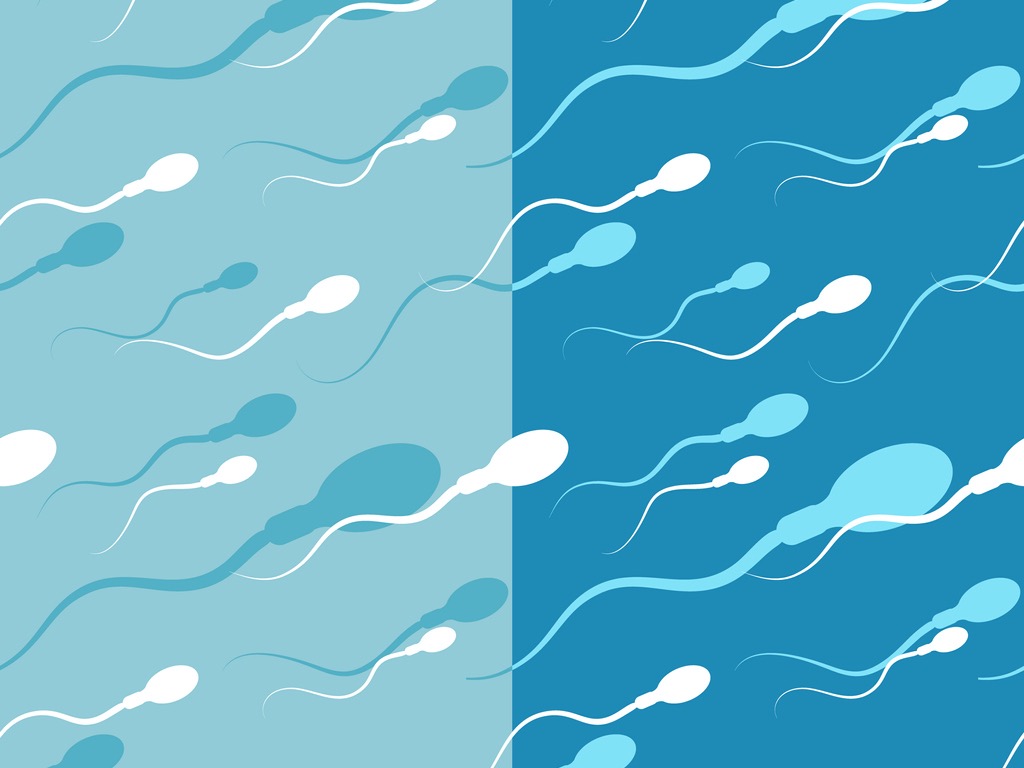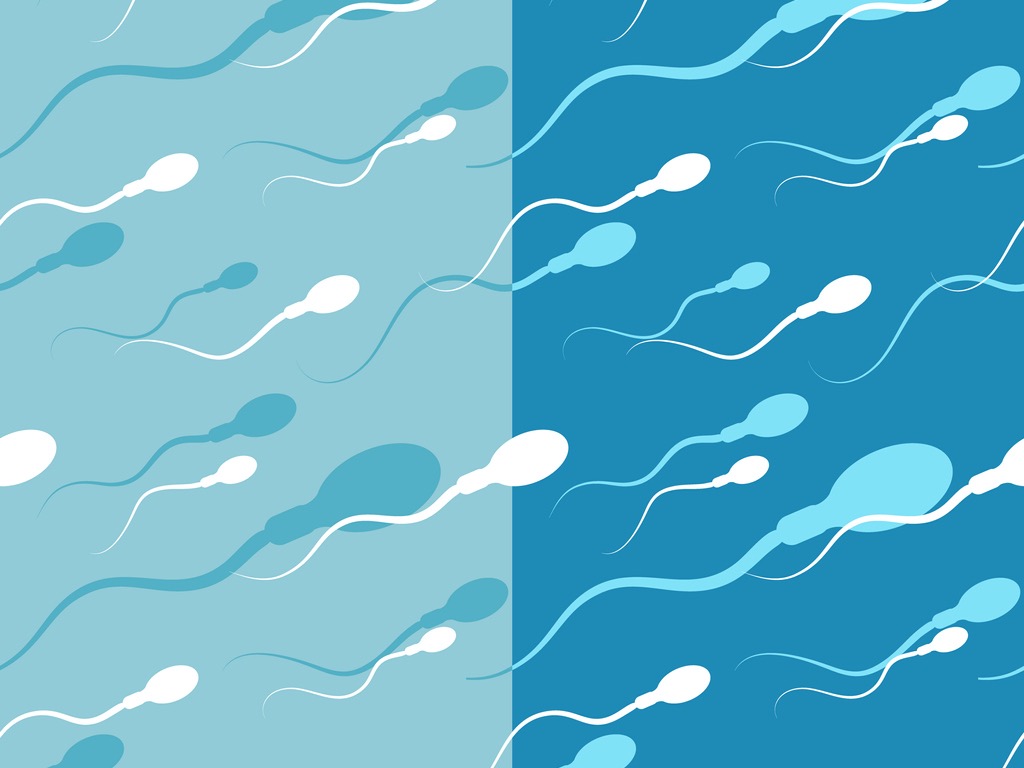Most cancers and their treatment affect fertility. Sometimes this is temporary and sometimes it is permanent.
- The cancers most often diagnosed in men of reproductive age that are most likely to impact your sperm are testicular cancer and lymphoma.
- At the time of diagnosis, 50–70% of men with these two cancers will have low sperm count (medical speak: oligozoospermia).
- Even if you have a low sperm count before your cancer treatment begins, it is still a good idea to preserve your sperm, as new reproductive technologies such as ICSI need just one sperm to fertilize an egg.
- Other cancers may affect your fertility, so check with your doctor about your specific diagnosis.
- At the time of diagnosis, 50–70% of men with these two cancers will have low sperm count (medical speak: oligozoospermia).
- Visit the following website to learn more about how cancer affects fertility.
- Any cancer treatment procedure, like radiotherapy, chemotherapy, or surgical removal of structures of the reproductive system can affect the quality of your sperm.
- Since cancer and its treatment may affect fertility, it is highly recommended to think about whether you want to bank sperm before undergoing any form of treatment. Click here to learn more about sperm banking.
- Although cancer and its treatment may affect your sperm, you may still be able to conceive if you are having sex with a female partner. You should continue using contraception to avoid unwanted pregnancy.
- It is also possible to have a sexually transmitted infection (STI) such as chlamydia or gonorrhea, often without any symptoms. Using a condom as contraception will also protect your partner from these STIs.
- Learn more about birth control here.











